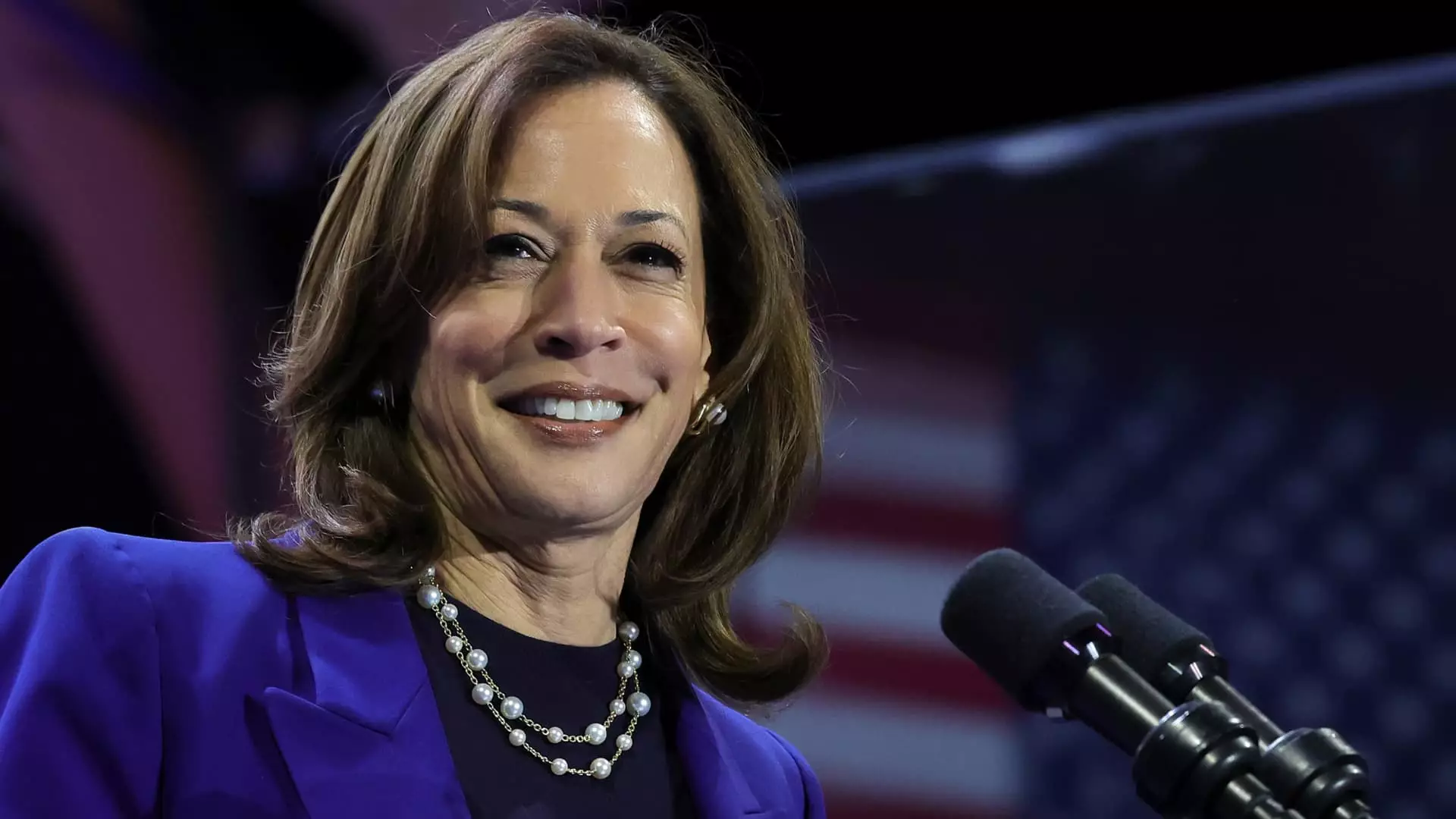In a development that has caught many political analysts off guard, a recent poll indicates that Kamala Harris holds a slim advantage over Donald Trump among likely voters in Iowa, with a tally of 47% to 44%. While this lead is within the margin of error of 3.4%, it marks a significant shift, reflecting a seven-point surge in support for the Democratic nominee since the previous month. The Des Moines Register/Mediacom Iowa Poll released just days before the election has raised eyebrows, particularly given Trump’s dominant performance in the state during the last two presidential elections.
Historically, Iowa has been a favorable fortress for Republicans, demonstrated by Trump’s previous victories of 8% in 2020 and 9% in 2016. The fact that neither candidate has actively campaigned in Iowa since the primaries adds to the unusual nature of Harris’s lead. Pollster J. Ann Selzer, whose firm conducted this survey, acknowledged that such a turnaround was unexpected: “It’s hard for anybody to say they saw this coming,” she stated. This sentiment reflects a broader concern among strategists regarding the volatility of voter sentiment, particularly as we near the election date.
Harris’s rise in this poll can largely be attributed to overwhelming support among female voters, especially those over 50 years old and politically independent. In addition, demographic factors such as age and gender have been identified as pivotal in this electoral landscape. Selzer’s analysis highlights a shift in priorities and perceptions among voters that could level the playing field in what was once considered a surely Republican state. It’s indicative of a broader trend where social issues and women’s rights are influencing voter dynamics more profoundly than in previous years.
While the Des Moines Register/Mediacom poll offers a snapshot of shifting sentiments, the Trump campaign dismissed these results as an “outlier.” Concurrently, an Emerson College study released on the same day suggests Trump still maintains a solid lead over Harris at 53% to 43%. This contradiction among polls illustrates the complexity and unpredictability of the current electoral climate, wherein various factors and methodologies can yield vastly different conclusions. The Trump campaign’s dismissal of the Des Moines Register poll indicates a strategic effort to maintain momentum against what they perceive as unfavorable data.
As Election Day approaches, the implications of these contrasting poll results are vast. The seemingly shifting voter landscape in Iowa not only serves as a focal point for the candidates and their campaigns but could also impact decisions in other battleground states. If Harris maintains this momentum, it may prompt nuanced strategies from both camps as they navigate the complicated terrain of voter preferences. The political narrative leading up to the election is vibrant and unpredictable, and as such, both campaigns will need to engage effectively with voters to sway the final outcome in their favor.
In essence, the Iowa poll results signal a crucial moment in the electoral race, where traditional assumptions about voter loyalties may need reconsideration in light of evolving societal values and sentiments.


Leave a Reply